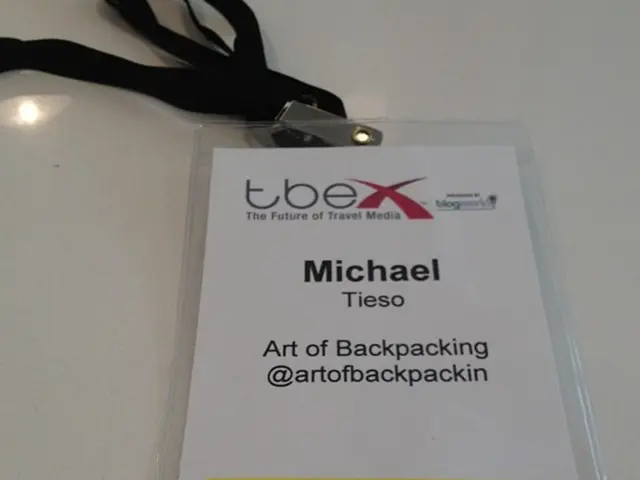Guidance on Timing and Methods for Voyages or Journeys
In a thought-provoking article, Florian Zejewski, a seasoned professional with experiences spanning Brussels and various European cities, delves into the complexities of administrative digitization in Brussels. The piece, which forms part of Zejewski's column, offers an insightful perspective on the ongoing process of digital transformation in the city.
Brussels, renowned as the city where many journeys lead to the heart of power, presents a unique challenge in terms of bureaucracy. Zejewski notes that the administrative system in Brussels is more complex than German bureaucracy, a stark contrast to the simplicity often associated with German administrative processes.
Navigating the labyrinthine Brussels administration between the Commission, Council, and Parliament might seem daunting, but Zejewski suggests that it is less complex than navigating the local building code and municipal resolutions. This observation underscores the intricacies of Brussels' administrative landscape.
One of the challenges faced in Brussels is the scarcity of Wi-Fi and the need for data protection training during meetings on public transportation. This issue, while seemingly minor, highlights the importance of digitalization in today's world and the hurdles that must be overcome to ensure seamless digital services.
Zejewski also draws parallels between his travels and the ongoing process of learning. He emphasizes that learning is not confined to business trips or formal educational settings; it can also occur in everyday life. For instance, he notes that changing the location of items without discussion can require tact, a lesson applicable to both personal relationships and administration.
The article also touches upon the digitalization efforts in other European cities. Baden-Württemberg, for example, is embarking on a digitalization journey, setting climate goals, and increasing innovation awareness. Meanwhile, administrations in Scandinavia are experimenting with agile project teams to streamline digitalization processes.
Zejewski also draws an interesting analogy between the ripening of yogurt in Bulgaria and the need for patience in administrative processes. He suggests that some processes need time, a good environment, and the courage to let them ripen undisturbed, a lesson that resonates with the ongoing efforts to digitize administrative systems.
Lastly, the article underscores the importance of subscribing to topics and saving articles, as is required for the Staatsanzeiger, to stay informed about the latest developments in administrative digitization.
While specific details about Zejewski's personal thoughts on bureaucracy and administrative digitization, and how his experiences in Brussels and other European countries have shaped those views, are not readily available, this article provides a valuable insight into his perspectives on these topics.
Read also:
- Jaroslav Rudiš is organizing the Wiesbaden Literature Festival in 2025
- Top 5 ASX-Listed Graphite Companies Projected for 2025
- Affordable, Comprehensive Energy Storage Solution for Small-Scale Power Plants: The Marstek Jupiter C Plus, Priced Under 220 € per Kilowatt-Hour, Offers a 100 € Discount per Set.
- Sunscreen: Its Capabilities and Limitations - Unveiling the Facts About Its Protection and Inefficiencies








